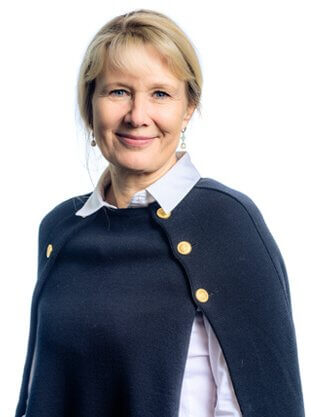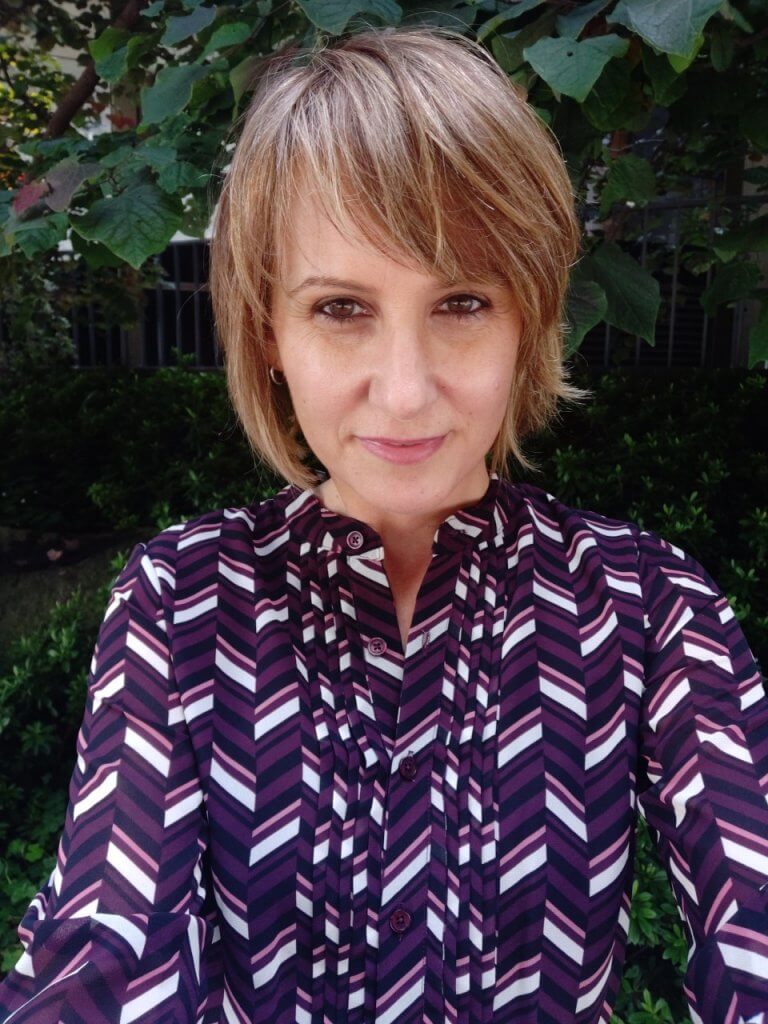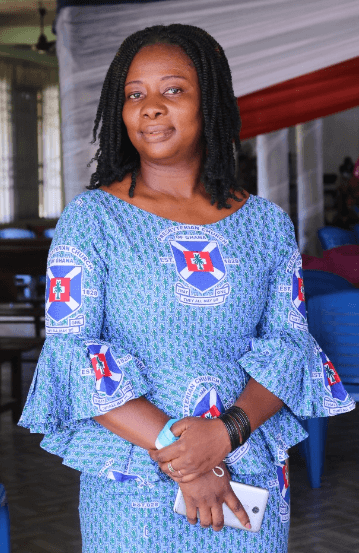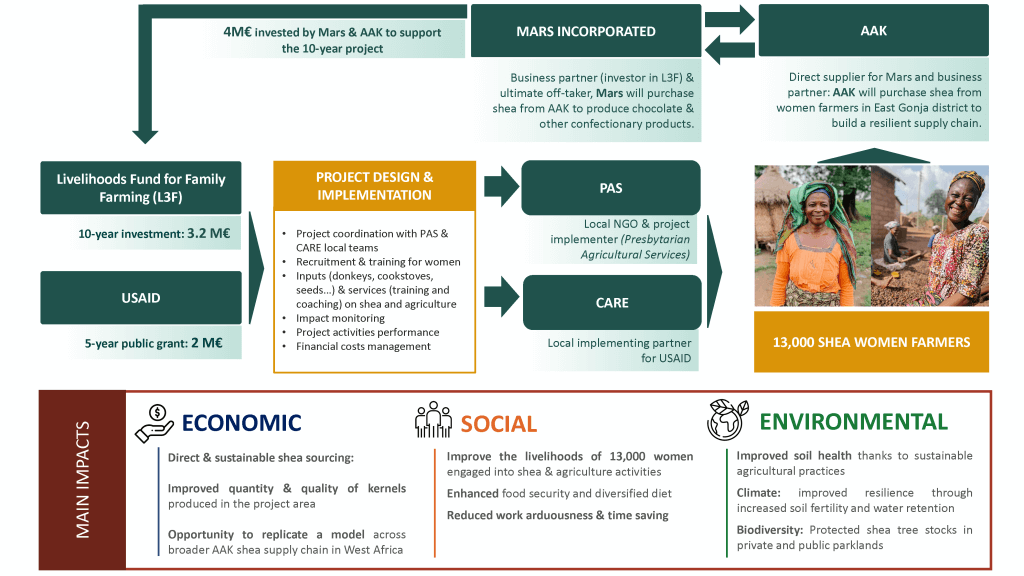In East Gonja district, in Northern Ghana, the Women in Shea Initiative, launched by the Livelihoods fund for Family Farming (L3F) and its strategic partners, aims at building a sustainable shea supply chain together with 13,000 women farmers. This 10-year project will promote the sustainable sourcing of high-quality shea kernels, secure income for the women farmers and preserve the shea parklands located in a particularly arid area.
But how to ensure a long-term transformation of the supply chain while bringing more benefits to the women of shea who live off the land they cultivate? The first step consists in bringing together a coalition of actors involved at every step of the value chain, who are contractually and operationally committed to reach impact in the long run:
The Livelihoods fund for Family Farming: an innovative investment vehicle designed to improve the livelihoods of smallholder farmers
Launched in 2015 together with Mars, Danone and later joined by Firmenich and Veolia, L3F is a private impact investment fund designed to transform the supply chains of pioneering brands while improving the livelihoods of smallholder farmers. L3F implements timely investment into sustainable agricultural practices, the empowerment of a new generation of farmers and the restoration of key natural resources.
L3F is specifically involved in the design of the Women in Shea Initiative activities and will provide operational, technical, monitoring and evaluation support to PAS (Presbytarian Agricultural Services) NGO who will implement the project activities in the field.
Learn more about the Livelihoods Fund for Family Farming.
Mars Incorporated: private investor in L3F & business partner committed to purchase shea kernels within the project area
Global business that produces some of the world’s most famous brands of confectionery, food, and petcare products and services, Mars Incorporated is also a business partner and investor in the Livelihoods fund for Family Farming which has committed to purchase shea from the women farmers during the whole duration of the project.
Learn more about Mars Incorporated.
AAK: a leading provider close to local communities with more than 60 years of experience in the shea belt in West Africa
AAK is a leading provider of value-adding plant-based oils and fats, serving industries such as Chocolate and Confectionery, Bakery, Dairy, Plant-based Foods, Special Nutrition, Foodservice, and Personal Care. The company has been working in the shea belt in West Africa for more than 60 years. As a supplier to Mars, AAK will purchase shea from women farmers in East Gonja to support Mars’ supply chain and facilitate a viable market for the women. In 2009, AAK launched its Kolo Nafaso program[1] (“the house of benefits of shea kernels”) to source directly from women smallholder farmers in West Africa and sustainably increase their income.
Learn more about AAK and Kolo Nafaso program in West Africa.
USAID: a public co-funding partner committed to support and bring vulnerable communities out of poverty
The United States Agency for International Development (USAID) leads development and humanitarian efforts to save lives, reduce poverty, strengthen democratic governance, and help people progress beyond assistance. USAID works with the Ghanaian Government, private sector partners, non-governmental organizations, and other stakeholders to undertake activities to generate prosperity and security by increasing agricultural production, employment opportunities, and income for the most vulnerable rural communities.
USAID will be particularly involved in financing and developing diversified agriculture production activities for the women of shea, aligned with its existing Feed the Future program. USAID will work closely with CARE International, a global humanitarian organization providing disaster relief to areas in crisis, which has been operating in Ghana since 1994. As a monitoring partner to USAID, CARE will implement the project activities in East Gonja district.
Learn more about USAID.
Presbytarian Agricultural Services (PAS): a local NGO with more than 50 years of experience working with shea women farmers
Presbytarian Agricultural Services is a Ghanaian not-for-profit, non-governmental organization with over 50 years of experience supporting agricultural and economic activities for farmer organizations (including dry season gardening, livestock, crop and honey production, traction services such as donkeys and bullocks, etc.) PAS has a proven track record of working with women groups to promote sustainable livelihoods. To date, over 20,000 women working in the shea value chain have benefitted from PAS’ interventions. PAS will implement the project activities in the field.
Learn more about PAS.
“We believe that our brands’ success must be aligned with that of our partners and communities.
Since 2015, we’ve been taking action with Livelihoods to source sustainable vanilla from Madagascar and coconut from Mindanao island, Philippines. We are proud to now come together to launch a large-scale shea sourcing initiative in Ghana to bring benefits to women who live in a particularly fragile ecosystem”.
Victoria Mars, Member of the Board of Directors, Mars Incorporated
“Deployed in Ghana, Burkina Faso, Ivory Coast and Nigeria, our Kolo Nafaso program is providing an income to more than 307,000 women shea collectors, including 13,000 in Northern Ghana. This new Women in Shea Initiative project (WISH) that we are launching together with Livelihoods, Mars, Care, PAS and USAID will help us go one step further by generating new sources of income for shea women farmers in a context of rapidly growing global demand for high-quality shea kernels. WISH is an example of our shared values in addressing sustainability across raw material supply chains from origin to customer brands”.
Anne Mette Olesen, Chief Strategy & Sustainability Officer, Vice President AAK AB
“Our experience has shown it takes strong commitments at every step of the value chain to build the foundations of sustainable sourcing. In Ghana we are bringing together a coalition of private and public actors to address challenges that no actor can solve alone: secure high-quality sourcing to answer our brand partners’ needs, create new economic opportunities for shea women, regenerate a fragile ecosystem of shea trees. This is the largest value chain project we are supporting through L3F as we aim to reach 13,000 women beneficiaries”.
Maribel Narvaez Gallardo, Livelihoods Venture, Lead Project & Partnerships
“Shea is a critical source of income for rural women in Northern Ghana, but also a hard job which comes in addition to their farming and households’ duties. Our role is to support these hardworking women identify the right methods to reduce their workload at every step of the shea value chain. A total of 13,000 women, working in small groups of 25 to 30, will benefit from knowledge shared in the process of learning. Most importantly, this participatory process will build mutual trust and ensure cost effective, time efficient practices to be used continuously in the future.”
Teiko SABAH PMP,
Director of Development & Social Services at Presbyterian Church of Ghana
Learn more about the project’s business model:






